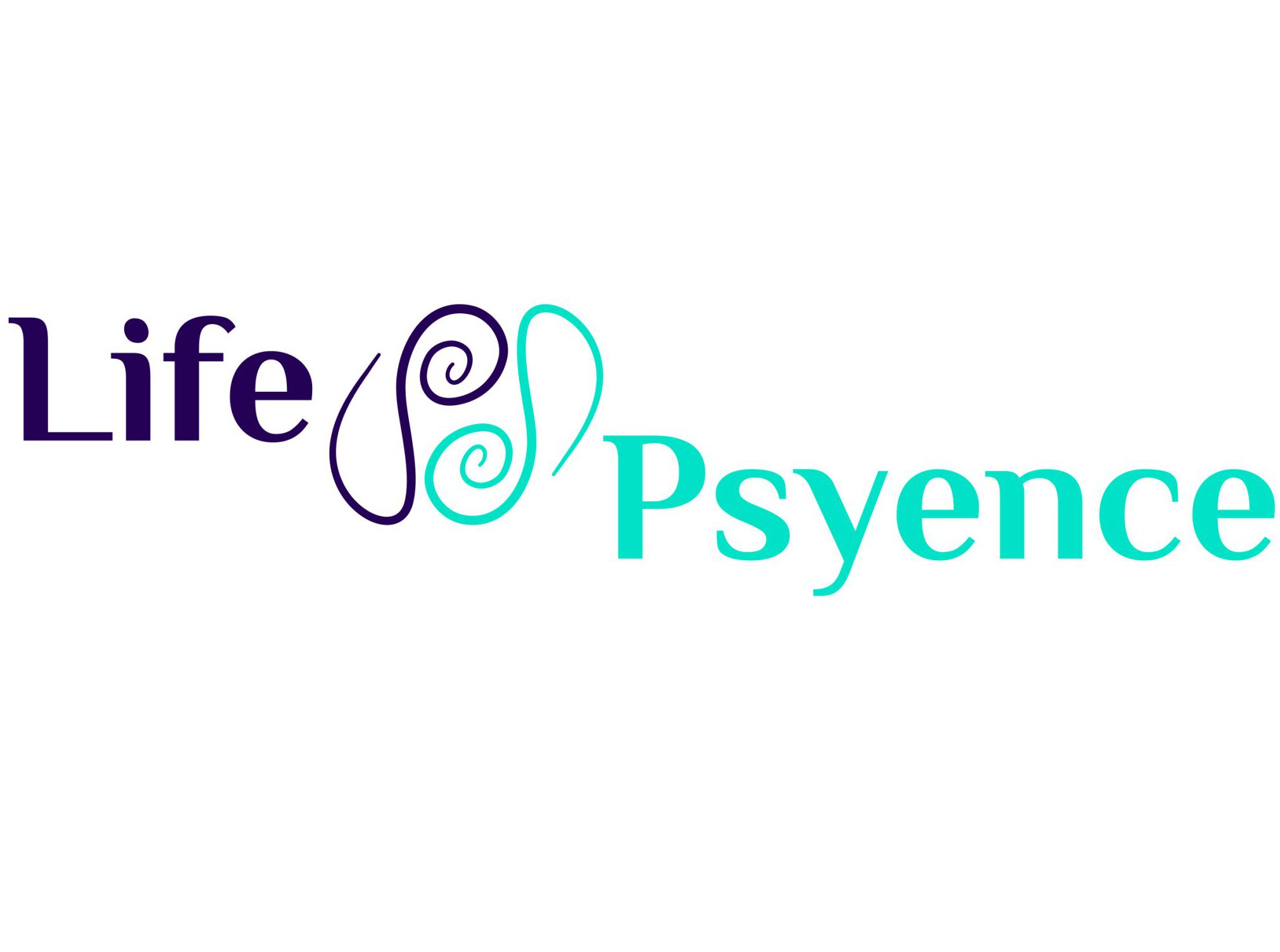The Dissonance of Harmony
Harmony is a value that many people aspire to embody outside of the Personality Typology community. It is a nearly universal tenet of human society but in the form of Extraverted Feeling (Fe) it seems ironically to be a black sheep in the family of Jungian cognitive functions. I notice a lot of push-back from clients, particularly NFJs, who haven’t allowed themselves to consider this function. This often leads to NFJs mistyping themselves as FPs TPs, or TJs, so I’d like to drop a little post on how Fe shows up a bit differently in iNtutives than in Sensors, and how to mitigate some of the fallout from the downsides of their Fe/Harmony.
When people think of Fe they often think of a Martha Stewart-style homemaker, a delighted hostess of grand holiday meals or galas, a Florence Nightingale nursemaid, or maybe even a codependent doormat who can’t help but give endlessly to others at their own expense (and always reminding people of it), or a back-stabbing Mean Girl social climber. Stereotypes are of limited use, and only insofar as they give us a caricature, positive or negative, of how a type could potentially show up. Some of the tropes here could be seen as possible positive representations of Fe with Si in particular, and some of them are negative conceptions of Fe in general which certainly wouldn’t make one eager to claim this function as their own. Either of these fallacies could lead NFJs to reject their most accurate type without giving it real consideration as they sort through type or function descriptions to try to discover themselves.
When I am eye-to-eye with a befuddled newly-minted NFJ who is stammering “But how could I be one of those Harmony people? That is so not me!” this is how I frame it for them. The common picture we see and hear about is Fe with Si/Memory, which gives it a very different flavor than with Ni/Perspectives. We hear about Fe being all about “meeting people’s needs”, and SFJs are more likely than NFJs to do that through meeting physical needs. Comfort, food, companionship, positive mutual sensory experiences that bond families or organizations together, these are the things that have created and reinforced connection between people on the most fundamental level throughout the ages. This can be seen often as a strength in SFJs who are likely to thrive in expressions of hospitality and caregiving which, while vital to our social structure, are not necessarily things that NFJ people resonate with.
The difference when Fe is paired with Ni is that NFJs tend toward meeting people’s existential needs rather than physical needs. NFJs are the people who friends and loved-ones (or strangers) come to when they can’t figure out what is wrong in the fabric of their relationships or the big picture of their life. They are people who will know how to tweak the corporate culture of their workplace to be more welcoming to people of diverse backgrounds and promote higher morale through a more defined sense of meaning in everyone’s jobs. Without even realizing it they will be doing things that help families and organizations function without interpersonal and emotional bumps in the road, facilitating communication and conflict resolution in a systemic way.
Another way of looking at healthy Fe in iNtuitives is the capacity to promote Win-Wins through Perspective shifting. When Ni/Perspectives is picking up different perspectives from which people are approaching an issue, it allows NFJs to communicate in a way that gets everyone on the same page, and find unique solutions that meet all parties’ needs. This is what makes them top-notch mediators and counselors. Even those roles are not necessarily associated with warm fuzzy feelings, particularly in INFJs, since this extraverted function is draining for them and frequently has other painful associations. There are plenty of reasons for NFJs to want to disown this function, but a lot of unsung beauty to it as well, and strategies to mitigate fallout associated with the tendency of Ni+Fe to feel like being a walking emotional syphon or fly paper strip. But usually once they start understanding Fe through the lens of Ni, resistant NFJs realize that it is an area of talent even if they don’t always want to embrace it.
When it comes to the feeling that others are constantly syphoning an NFJ’s emotional energy away, or sticking emotional garbage to them like flies caught in glue, there is a framework I call The Big Pull that keeps things in perspective. When a needy person in distress enters an NFJ’s orbit there is an intense awareness of it. It takes a toll, whether it is to put up barriers against the emotional energy syphon or to meet the person’s need. Either way it pulls the tide of an NFJ’s awareness like the moon pulls the Earth and can threaten to pull an NFJ off course from their higher goals. We do well to remember that while the pull of this smaller body feels strong because it is up close, there is a Big Pull that is distant but much more massive and vital, like the Sun. Keeping this Big Pull in mind can help maintain focus and prevent an NFJ from being pulled off track by minor crises people try to foist on us. It gives that extra fortitude to set boundaries without burning bridges. After all, we can’t just cut the moon out of the solar system, we have to find a way to operate in Harmony with the tides it generates, while staying in orbit around the life-giving Sun.


